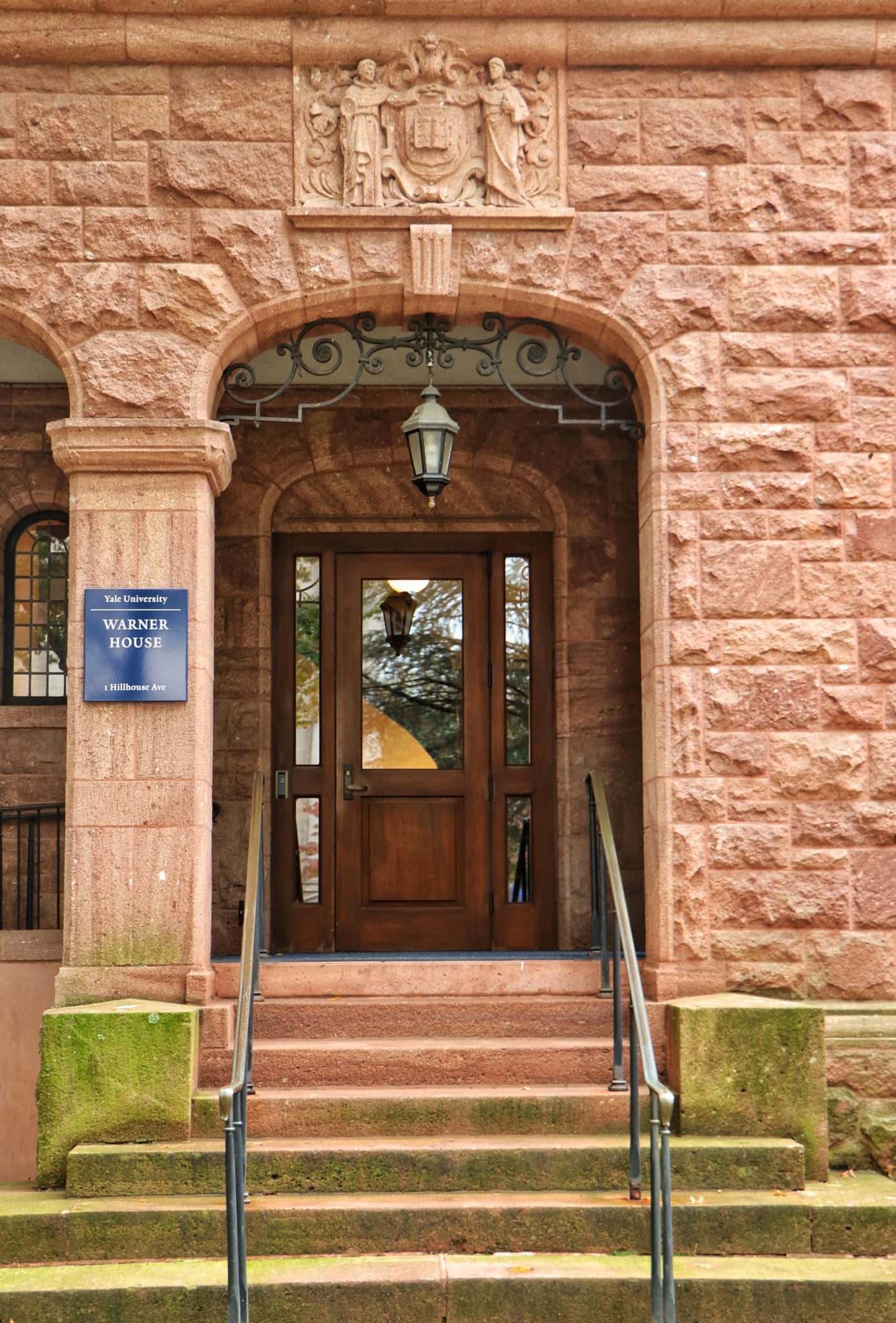
Vaibhav Sharma
Professors teach. But they also hold office hours, write books, examine test tubes, advise students, volunteer, serve on committees and spend hours — often into the night — on projects for the betterment of Yale, while balancing their daily lives.
Faculty members and administrators interviewed by the News agree that professors are busier than they ever have been. And when Dean of the Faculty of Arts and Sciences Tamar Szabó Gendler appointed a committee to look into the issue four years ago — called the Committee on the Economic Status of the Faculty — their 2018 report stated that faculty felt burdened by their service. A follow-up committee was created last Spring to recommend ways to help. Now, Gendler is moving to turn this group into an annual committee in hopes of easing and distributing the service burden of faculty across the FAS.
“I do think faculty are busier than in previous years,” she said, in support of the change.
Called the Faculty Advisory Committee, this group will be officially charged next week. From now on, the committee will be reappointed every spring to investigate the burdens of faculty service time and eventually to choose an area the University can work on. Only one or two committee members will keep their spots from year to year; the rest, Gendler explained, will rotate. That way, diverse viewpoints can be heard more easily and often.
The group grew out of the 2018 recommendation from the Committee on the Economic Status of the Faculty, or the CESOF. In the committee’s report, professors found an unequal distribution of faculty on University committees — many serve on zero committees and few serve on many. They also found that female professors are “much more likely” to serve in these groups compared to men. But, according to Classics and Philosophy Professor Brad Inwood, who served on the CESOF committee, the data that his team used to draw its conclusions captured only part of the picture. The University “does a relatively poor job of quantifying that service,” he wrote in an email to the News. That’s where the FAC could help.
“Preliminary data suggests that there are significant issues of equity, especially with regard to gender,” he wrote. “We need better data on the many ways that faculty members serve their departments, the FAS, the university and the scholarly community. I hope this committee will address this information deficit so that the burdens of service can be shared more equitably and the contributions to Yale of each faculty member can be properly recognized.”
According to the 2018 CESOF’s report, on average 12 percent more female full professors serve on University committees than their male counterparts. For tenured associate professors, the gender gap widens further: 78 percent of women serve on average compared with 54 percent of men.
Gendler told the News that part of this disparity comes from the faculty’s composition. Since the senior faculty are mostly men — largely because they were recruited when graduate programs lacked today’s diversity — finding a cross-section of the FAS with an even gender split means that women serve more often.
“It’s a well-known mathematical problem,” Gendler said. “We have long-known this.”
To FAS Senator Emily Erikson, who teaches Sociology, serves on the Senate’s Executive Council and the Faculty Advancement Committee and is the Academic Director of the Fox International Fellowship, these extra-instructional commitments can “take up a lot of time.” But, she added, most would agree that they are “very much worth the time and effort.”
“Service is both important to the vitality of the arts and sciences and can be very rewarding, both personally and professionally,” Erikson said.
Erikson also told the News that the burden of faculty service and expanding bureaucracy is not unique to Yale. In fact, she said, faculty at most universities in the United States and elsewhere are concerned about the inequities of committee or administrative work.
According to Dean of Faculty Affairs John Mangan, one of the defining features of Yale faculty is their interest in administrative leadership.
“They care deeply about the course and progress of [their departments, programs, majors or overall areas of inquiry], and are unswerving in their commitment to making them better,” he wrote in an email to the News.
The Faculty Advancement Committee — itself comprised of three women and two men — has made the faculty-service burden one of its top issues this semester. According to the minutes from FAS Senate’s Dec. 10 gathering, her team will deal with other issues, too — like tuition benefits, IT services and faculty size.
Erikson added that the committee looks “terrific.”
“I’m sure they are going to produce important insights, she said. “And I am very appreciative of Dean Gendler’s action and energy in tackling this issue. She has been very responsive.”
The FAS’s committees range in aim from tenure appointments to a search for the next Dean of Humanities.
Matt Kristoffersen | matthew.kristoffersen@yale.edu







